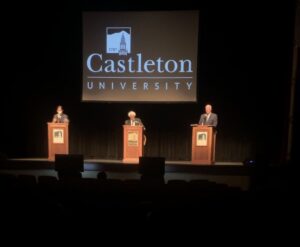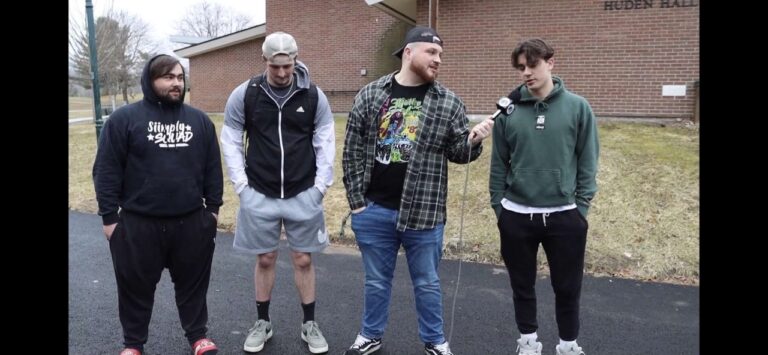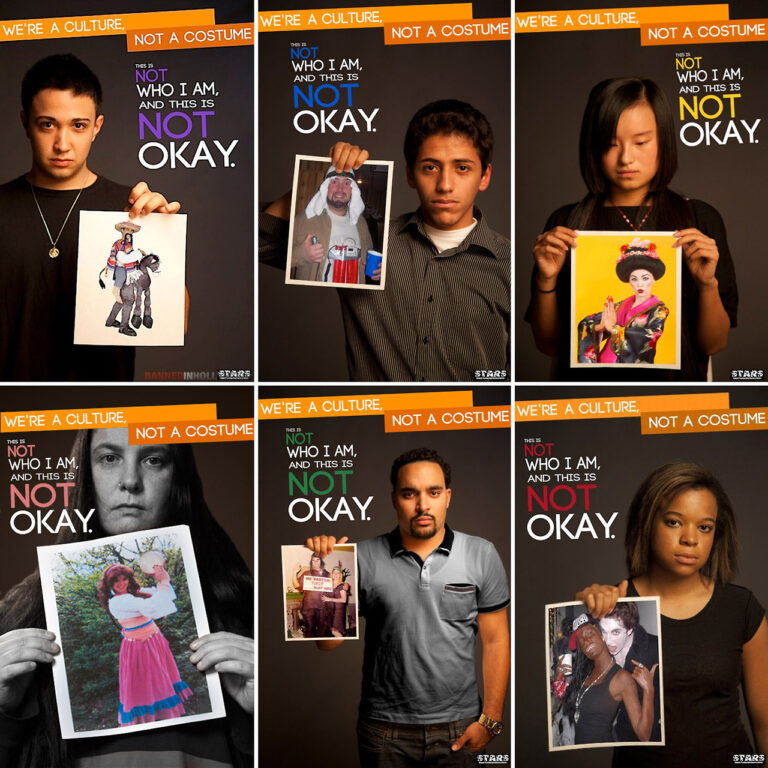Candidates talk issues at Paramount

Last Wednesday, Oct. 19, the Lieutenant Governor’s debate at the Paramount Theatre in Rutland revealed distinctive stances on issues plaguing both the Vermont constituency and broader America. The debate placed Republican candidate Joe Benning, R-Caledonia, against former Lieutenant Governor and Vermont Progressive, David Zuckerman.
Moderated by Castleton University’s own former president, Dave Wolk, the debate highlighted the stark differences in ideological beliefs and the reality of Vermont’s unique partisan divides.
The debate commenced with a short video created by the Castleton Content Lab, coordinated by political science Professor Rich Clark. The video featured multiple students explaining why they vote and displayed the political engagement of the Castleton community.
Zuckerman previously in the position between 2017 and 2021, while opponent Benning currently works as a criminal lawyer and has served in State Senate since 2011.
The debate highlighted the spectrum of beliefs and how these attitudes manifest in legislation through pointed questions from Wolk that teased out revealing answers.
CU’s Campaigns and Elections class worked in tandem with Wolk to establish a list of questions that would strike the core of each candidates’ campaign, notably covering topics of partisanship, student loan relief and climate change.
“Vermonters are not as focused on party as the individual,” Zuckerman said in the debate, speaking to the split partisanship of current Governor Phil Scott (R), and Lieutenant Governor Molly Gray (D).
The debate also illuminated the partisan divides on issues pertinent to the Rutland community. Wolk’s question concerning student loan debt provided a window into underlying stances towards Vermont’s limited resources and the responsibility of the state to address forgiveness.
“I am not sure you are going to be able to use Vermont’s limited resources to try to service those kinds of debts, that’s why the federal government is now taking responsibility for that,” Benning said during the debate.
He suggested that Vermonter’s should be free to question, “Why should I have to pay through my tax dollars to have someone else’s debts relieved from personal choices that lead to the amount of debt they have built?”
Benning’s reliance on the federal government to aid students in Vermont highlights his stance on the stringent allocation of Vermont’s financial resources. This position was juxtaposed by Zuckerman’s scepticism towards the federal government’s ability to assist Vermont students.
“We don’t have the federal resources to make higher education as affordable as it once was. We are now suffering those consequences,” Zuckerman said in the debate.
Zuckerman further contrasted Benning’s critique on resource allocation by explaining that he thinks “most Vermonters are willing to make that investment when we realize and connect the dots between our collective investment and our future.”
Zuckerman’s argument centred on the position that an investment into student relief will manifest in increased prosperity for broader Vermont.
The ideological trench between the two candidates was reinforced when discussing the role of the state and federal government in addressing issues surrounding climate change.
Benning’s response paralleled his partisan position, which highlighted the restricted resources of Vermont.
“I don’t believe it is necessary for us to make our economy a disaster in trying to change the climate situation, but I do know that when you’re addressing it, it should be done at the proper place. And that’s the national government who has the power,” Benning said in the debate.
Benning’s concern over allocation of state resources was certainly distinguishable from Zuckerman, who emphasised the ability of Vermont to take strides against climate change locally.
“We also have to take on the struggles and challenges with the scale and imperative that it deserves. And we have bills vetoed around the climate, including my colleague who voted to sustain an override,” Zuckerman said.
Though Vermont is certainly less polarized when compared to other states, partisanship undoubtedly plays a pivotal role in the ideological spectrum of each candidate and their interpretation of state and federal power and responsibility.
Wolk’s final question diverged from the political topics common in debates to prod the soul of each candidate by forcing them to reflect upon their life’s achievements.
“Please tell us how you would want to be eulogised in your own memorial service,” Wolk said.
The question raised eyebrows in the audience, but ultimately provided an insight into the personality of Zuckerman and Benning.
While each candidate brought differing opinions, Benning said the upcoming election should encourage voters to “experience what each party brings to the table and the best of what each party brings.”








